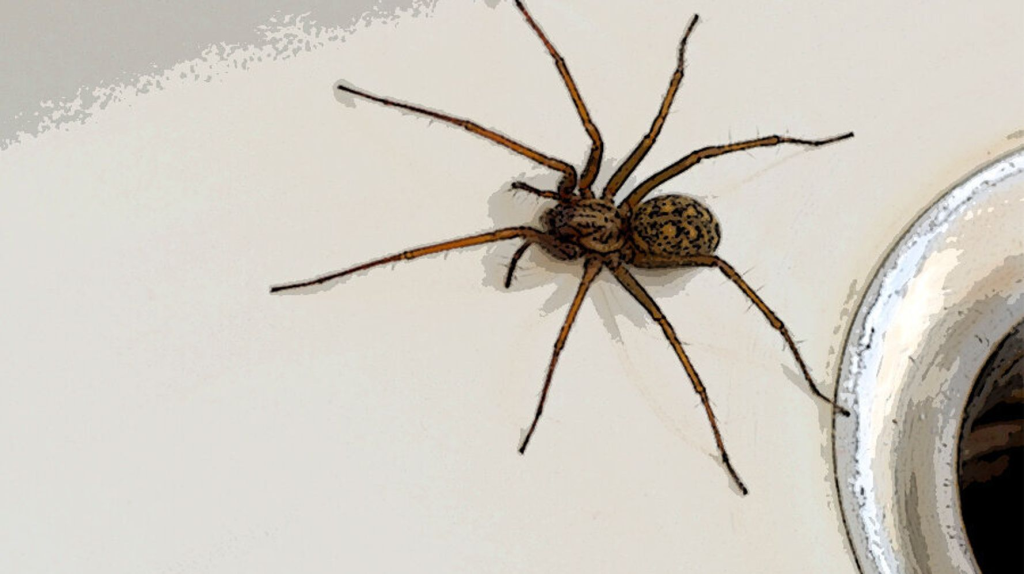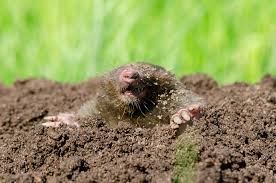Spiders are common household pests that can evoke fear and discomfort in many individuals. Whether you have a mild dislike for spiders or a genuine phobia, it’s important to address their presence in your living space. This comprehensive guide will provide you with a well-detailed and informative approach to effectively get rid of spiders and prevent their return. By combining natural methods and strategic practices, you can create a spider-free environment.
Identifying Common Household Spiders
Before you tackle a spider problem, it’s essential to identify the types of spiders you’re dealing with. Common household spiders include the house spider, wolf spider, cellar spider, and orb-weaver spider. Each species has distinct characteristics and behaviors, which can influence your approach to eradication.

The Benefits of Spiders
While spiders might be unwelcome guests in your home, they do serve a vital ecological role by controlling other pests like flies and mosquitoes. It’s important to strike a balance between eliminating spiders and appreciating their natural pest control abilities.
Prevention Strategies
Regular Cleaning and Decluttering
Spiders are attracted to cluttered and dusty areas. Regular cleaning, vacuuming, and dusting can help eliminate their hiding spots and food sources. Pay extra attention to corners, ceilings, and dark spaces.
Sealing Entry Particulars
Inspect your home for gaps, cracks, and openings that spiders can use to enter. Seal these entry points using caulk or weather stripping. Focus on windows, doors, vents, and utility openings.
Outdoor Maintenance
Trim bushes and plants near your home’s exterior to reduce potential spider habitats. Keep firewood, compost piles, and debris away from your house. By creating a clean and well-maintained outdoor environment, you discourage spiders from approaching.
Natural Spider Repellents
Essential Oils
Spiders are sensitive to strong scents. Mix essential oils like peppermint, lavender, or tea tree oil with water and spray it around windows, doors, and other potential entry points. Reapply every few weeks to maintain effectiveness.
Vinegar Solution
A mixture of water and white vinegar can act as a natural spider repellent. Spray this solution in areas where spiders are likely to hide or enter. Be cautious when using vinegar on surfaces that might be sensitive to acidity.
Diatomaceous Earth
Diatomaceous earth is a fine powder made from fossilized algae. It’s harmless to humans and pets but is lethal to spiders and other insects. Sprinkle it in corners, behind furniture, and other dark areas where spiders frequent.
Traps and Capture Techniques
Glue Traps
Glue traps are adhesive sheets that spiders get stuck on when they walk over them. Place these traps near common spider hiding spots. Check and replace them regularly.
Jar Traps
Place an open jar against a wall and cover the top with a piece of paper. When you see a spider, gently coax it onto the paper and quickly trap it by sliding the jar over it. Then, release the spider outdoors.
Vacuuming
Regular vacuuming with a hose attachment is an effective way to remove spiders and their webs. Empty the vacuum bag or canister promptly to prevent spiders from escaping.
Professional Intervention
When to Seek Professional Help
If your spider infestation is severe, persistent, or involves potentially dangerous species like black widows or brown recluses, it’s advisable to seek professional assistance. These spiders can pose risks to your health.
Hiring Pest Control Services
Professional pest control services have the expertise and tools to address spider infestations effectively. They can identify the species, determine the extent of the infestation, and implement targeted treatments.





